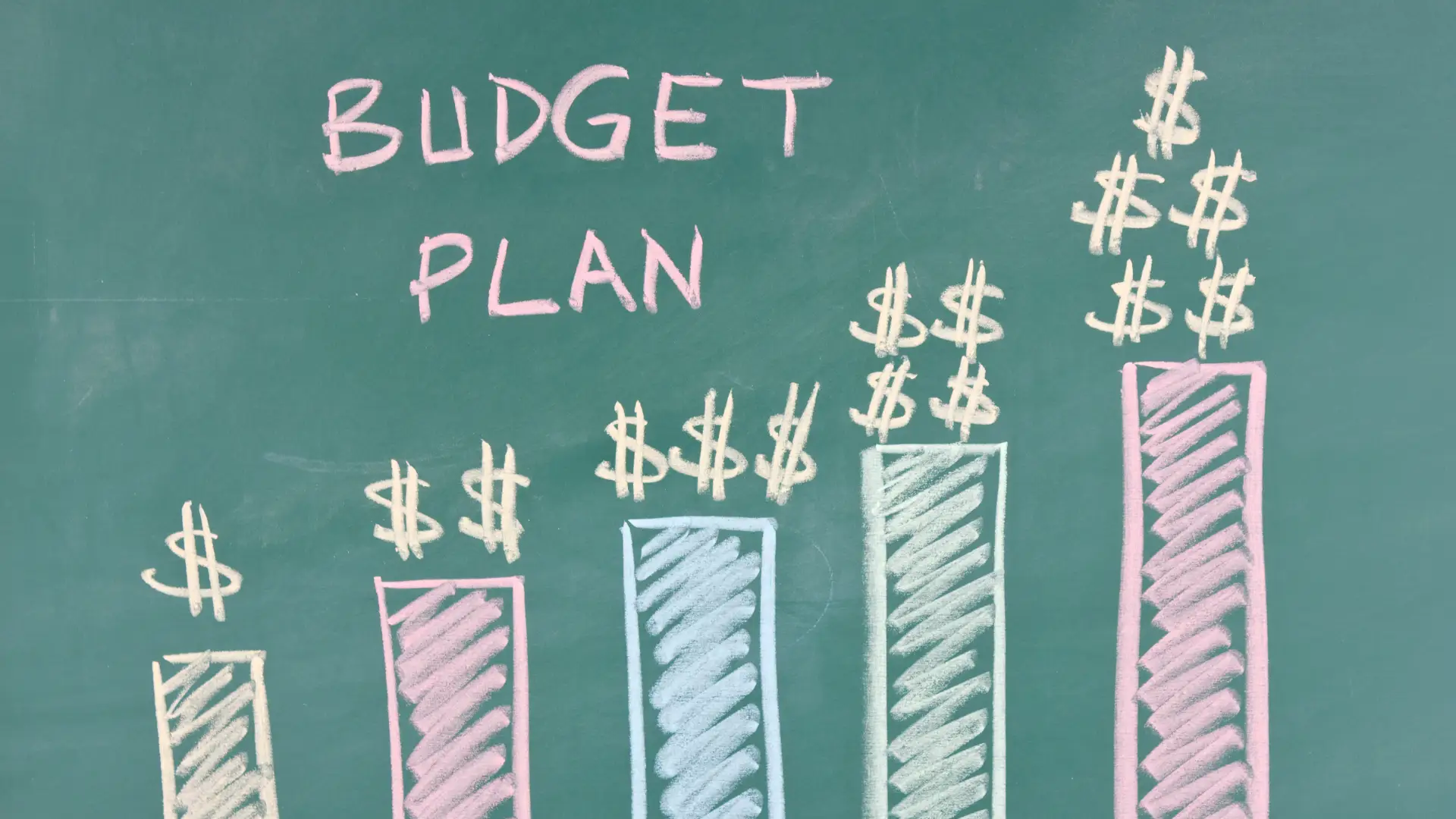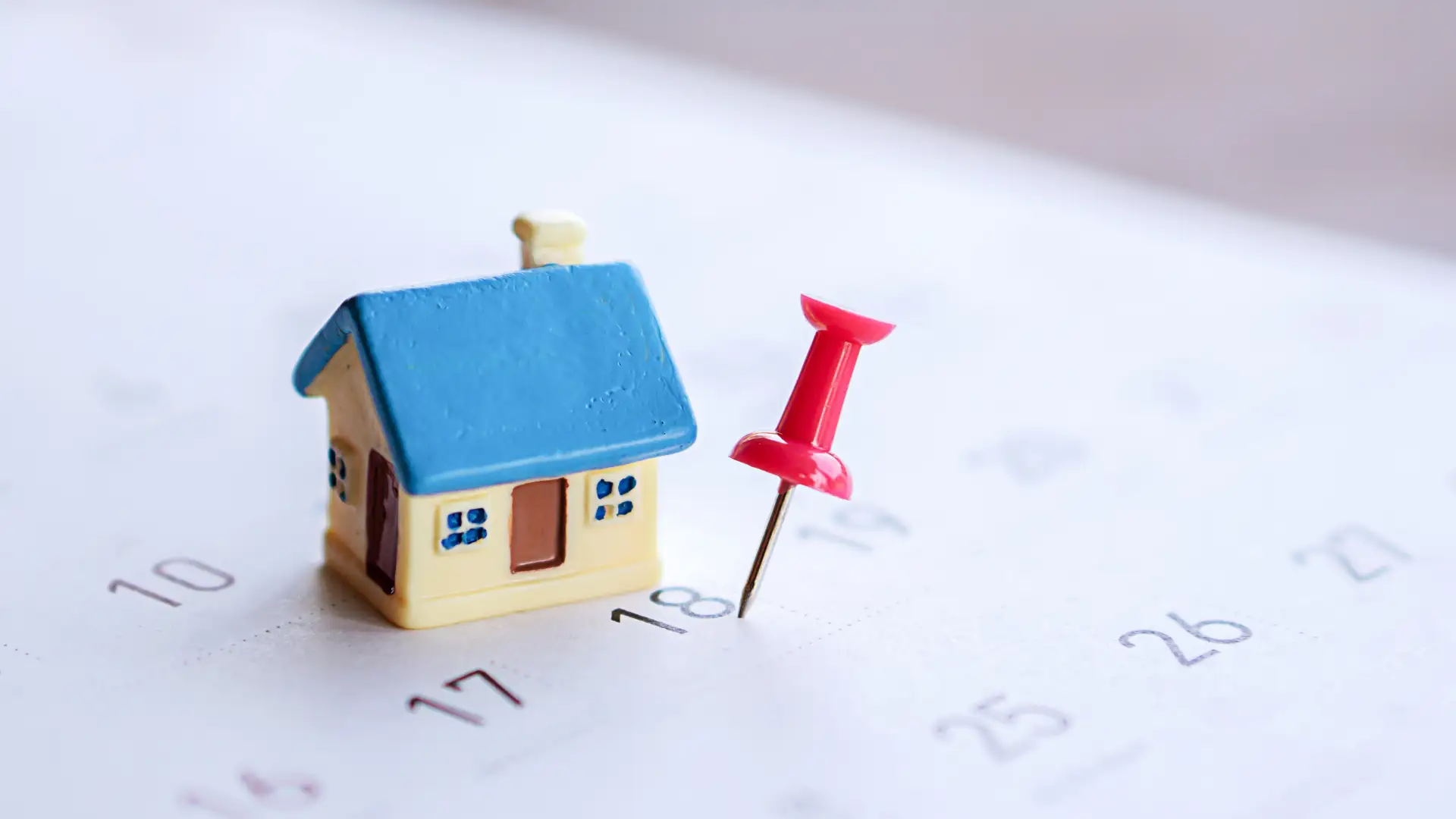Buying a house is an exciting journey, one filled with dreams, decisions, and, yes, some paperwork and additional expenses. With sky high prices in Southern Ontario, especially Brampton, Toronto, Mississauga, and Oakville, buyers need anywhere between 25,000 to 75,000 for down payment to buy a townhouse. On top of that, there are closing costs, which buyers often forget to include in their savings goals.
What Exactly Are Closing Costs?
Closing costs are the fees and expenses you pay when the ownership of a property is legally transferred from the seller to you, the buyer. It is an important phase in the home buying process involving several professionals, paperwork, and important financial transactions. Typically, these costs range between 1.5% to 4% of the purchase price of your home. So, for a home priced at CAD 500,000, expect to shell out approximately CAD 7,500 to CAD 20,000 in closing costs.
Closing Costs for buyers in 2024:
1. Land Transfer Tax (LTT)
Often the heaviest hitter on your bill, the land transfer tax varies by province and sometimes by municipality. For instance, Toronto has its own municipal LTT in addition to the provincial tax, so you’ll be paying double the fees when purchasing in the city. First-time homebuyers might catch a break here, as many regions, including Brampton and Mississauga, offer rebates.
On a $600,000 condo in Mississauga, you’ll pay $4,475 as a first-time home buyer and $8,475 as a regular buyer. In Toronto, a first-time home buyer will pay $8,475 and a regular buyer will pay $16,950.
2. Legal Fees and Disbursements
Hiring a lawyer is not just smart; it’s a necessity in the home-buying process. Your lawyer will facilitate the transaction, ensure the legal transfer of ownership, and handle the nitty-gritty details. Costs typically range from CAD 1,000 to CAD 2,500, depending on the complexity of the transaction and the lawyer’s rates. Also, all real estate transactions involve a lawyer, so it is a mandatory charge.
3. Title Insurance
While not mandatory, title insurance protects you from potential title defects, fraud, and problems with property lines or encroachments. A one-time fee of $200 to $500 buys peace of mind, typically costing a few hundred dollars.
4. Home Inspection Fee
You simply CAN’T skip a professional home inspection. It can reveal hidden problems that could cost thousands down the line. This service usually costs between CAD 300 and CAD 600 but varies based on the size and condition of the property. Depending on the issues found, you can either ask the seller to reduce the price or have them fix them before closing.
5. Mortgage Default Insurance
If your down payment is less than 20% of the home’s price, you’ll need mortgage default insurance. It’s designed to protect the lender, but you pay the premium. The cost depends on the purchase price and the amount of your down payment and is designed to protect your lender. Once you own 20% of your home, you may choose to stop paying premiums.
6. Appraisal Fee
Your lender may require a professional appraisal to confirm the home’s market value, so you aren’t overpaying. This typically costs between CAD 300 and CAD 500.
7. Adjustments
You may owe the seller for pre-paid costs such as property taxes or utility bills. These are prorated and paid at closing.
8. Prepaid Utility Bills
Sometimes, sellers have paid for utilities, taxes, or even condo fees in advance. You’ll need to reimburse them for the period you’ll own the home.

How Can You Prepare for These Costs?
Budget Wisely
When you start looking for homes, factor in these additional costs because they do quickly add up. Buying a home in Ontario will cost you around $100,000 in one-time investment, which includes down payment, closing costs, and moving costs.
Seek Legal Advice Early
Always, always, always start your process with legal advice. Lawyers can outline the expected costs and help avoid surprises.
Shop Around
Don’t settle on the first mortgage or home insurance offer. Compare rates and terms. Work with an experienced mortgage agent and get pre-approved. Lock in a low interest rate for 90 days and only then begin your search. This applies to choosing your lawyer and home inspector, too.
Consider the Timing
Closing at the end of the month can save on some upfront costs like prepaid interest.
Remember, buying a home isn’t just about paying the purchase price but also investing wisely into your future and security. If you’re looking for a home in Brampton, Catherine Nacar is here to help you out. As a Brampton native of 30 years and now a realtor, she’s passionate about the local real estate market and always puts her buyer’s interest first. Connect with her today!

